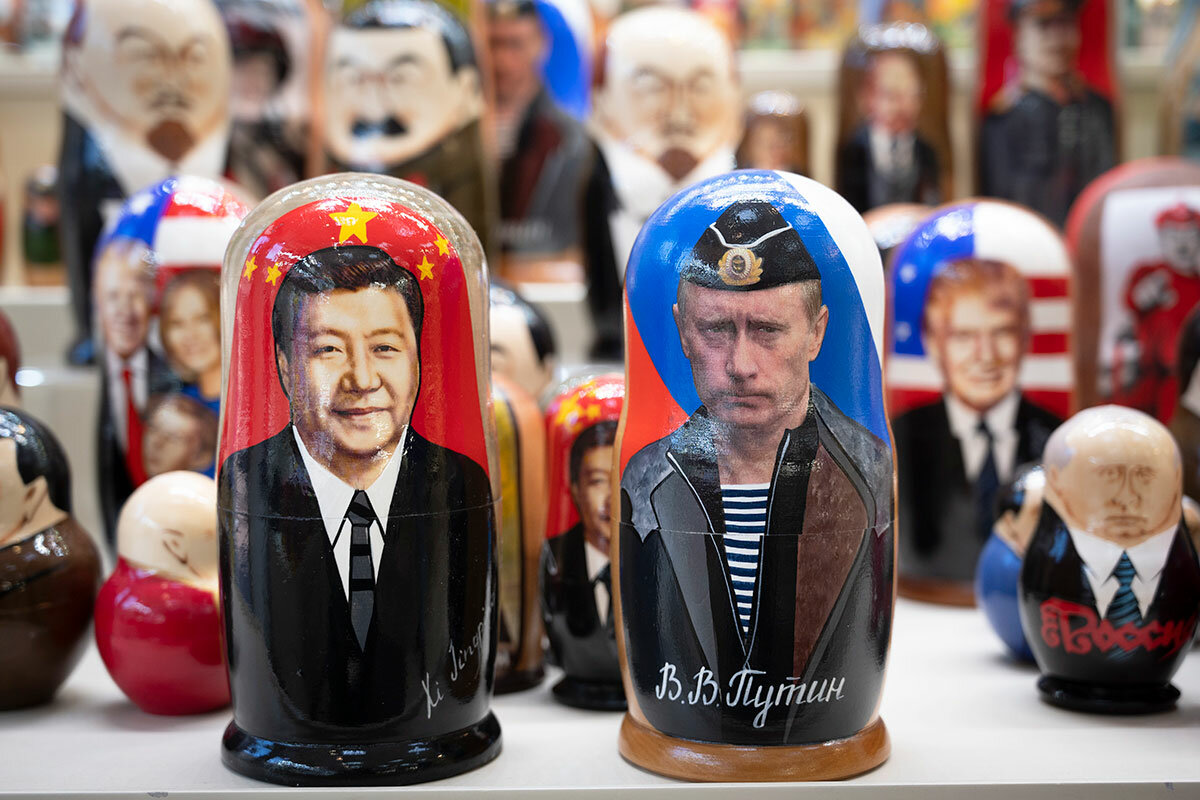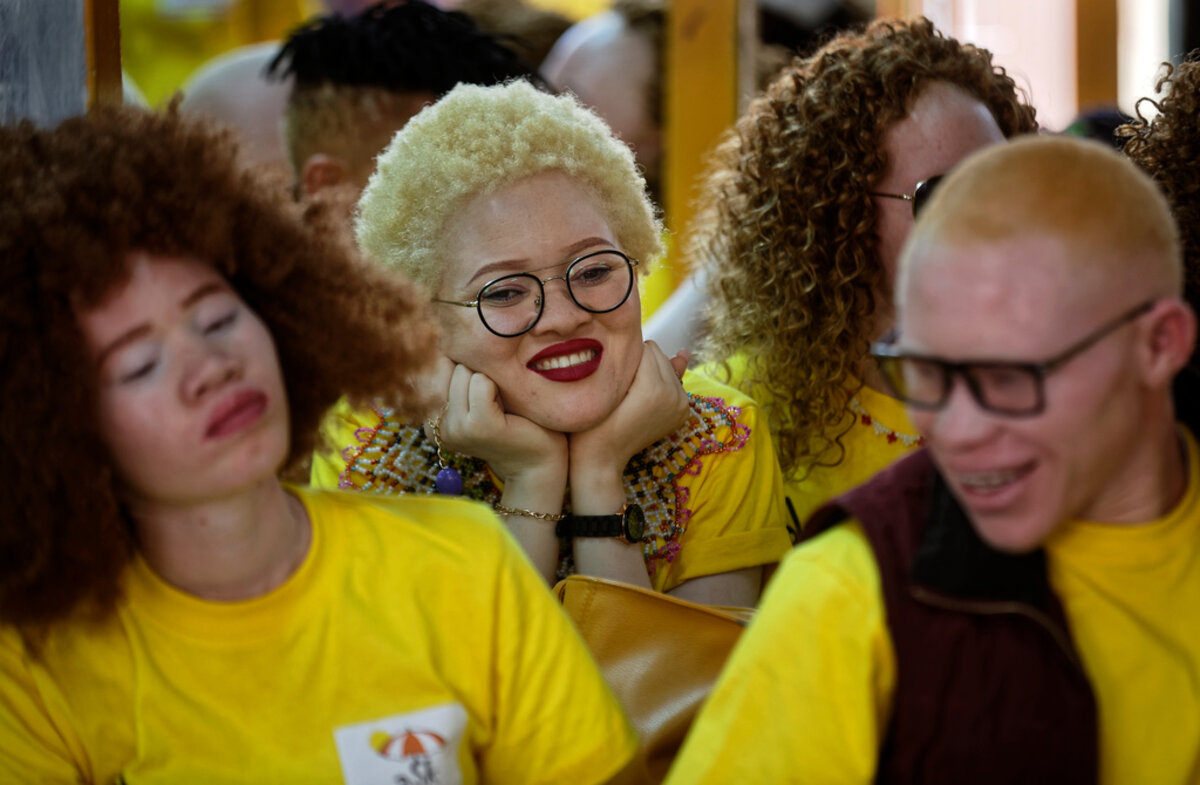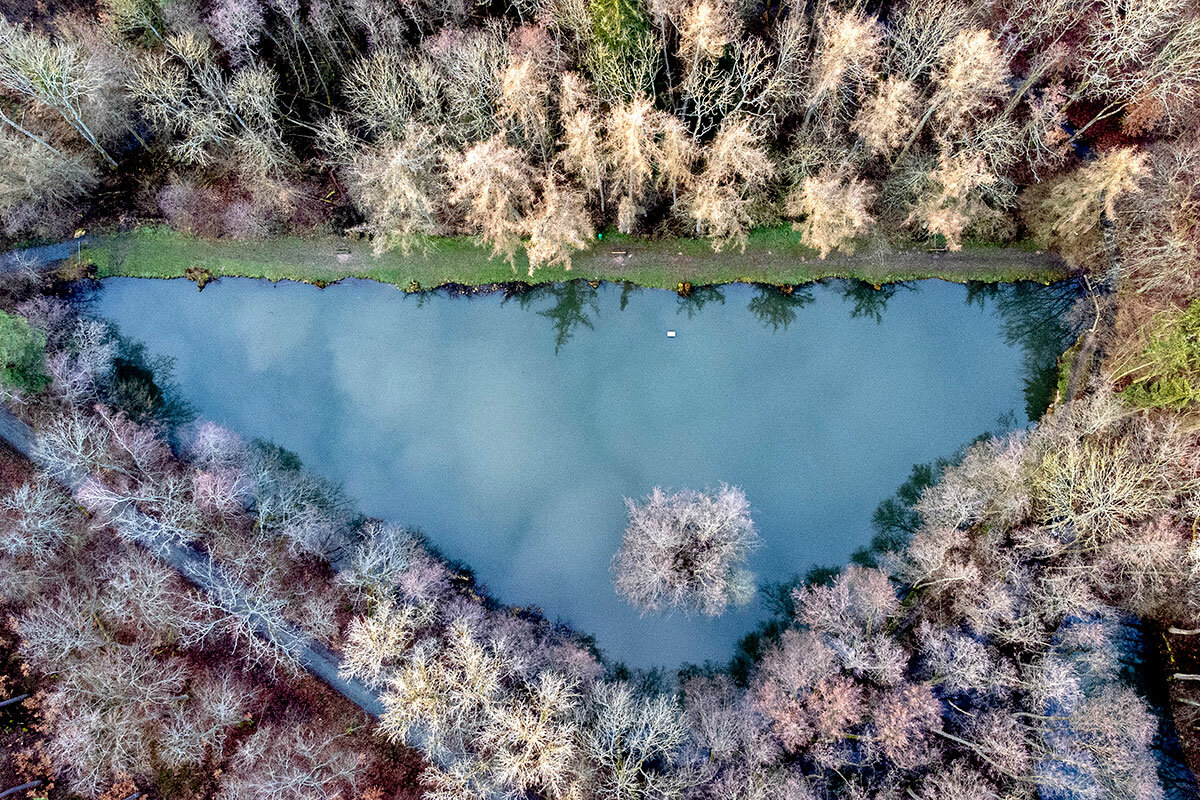Over many years, Africa has seen a growth in community initiatives to tackle one of the most widespread and least acknowledged causes of violence on the continent: fear of witchcraft. Often unseen, these projects have helped to diminish stigmas, restore social unity, and uphold individual dignity.
Last week this progress received an important boost. The African Union set out guidelines for how its member states should address the societal harms arising from popular beliefs about witchcraft. Though unenforceable, they are an acknowledgment that a problem long shrouded in silence is inconsistent with Africa’s shared principles of justice and equality.
“Although witchcraft accusations and witch-hunting are against the law in many African countries, these legal provisions are seldom enforced,” writes Leo Igwe, a Nigerian human rights advocate. The new guidelines, he states, mark an important step toward “weaken[ing] the grip of witch and ritual beliefs on the minds of Africans.”
The United Nations has cataloged some 20,000 victims of violence tied to fears or practices of sorcery across 60 countries worldwide in the past decade. In Africa, that violence takes many forms, but is targeted at children, women, older adults, and people with albinism. Those suspected of witchcraft are subjected to ostracism, disinheritance, mutilation, rape, and ritual killings. Accusations often flourish during crises as an explanation for misfortune.
Suspicions are rife and as difficult to disprove as they are to prove. An American University study published last November found that “witchcraft beliefs are substantially more prevalent in countries with weak institutions and low quality of governance.” Suspicions proliferate where there are limited public health services or opportunities for education and employment.
The African Union guidelines combine a wide range of remedies meant to reinforce the protocols that African states have already adopted to promote gender equality, protection of children, and defense of human rights. Eight countries have laws making accusations of witchcraft against children or people with albinism a crime. Malawi, one of the world’s poorest countries, has achieved modest declines in violence by boosting civic awareness and more equitable access to higher education.
Community-led projects have shown that breaking the fear of witchcraft requires changing perspectives. In Ghana, where women accused of sorcery are held captive in remote, makeshift “witch camps,” a group of civil society organizations found that boosting ownership and entrepreneurship in local communities helped build local philanthropic support for the banished women. Grains of empathy turned into reservoirs of renewed trust.
Across Africa, people with albinism are often seen as ghosts and face severe violence from a belief that their body parts can heal. A project in Tanzania has seen those attitudes melt away through contact. As a study published last month in the journal Disability and Society found, the key to change was personal agency. When people with albinism were given opportunities to tell their stories and show their common humanity, attitudes toward them changed. Through reason and contact with people in his community in a controlled setting, one informant said, people discovered that “he is just normal, he will not disappear, he is a normal human being, he is intelligent, he is funny, he has a good heart.”
With its new guidelines, the African Union has helped break the silence on a difficult subject. By doing so, it may reveal that the simple warmth of the human heart is the most profound remedy for hate and fear.
 Mark Sappenfield
Mark Sappenfield










